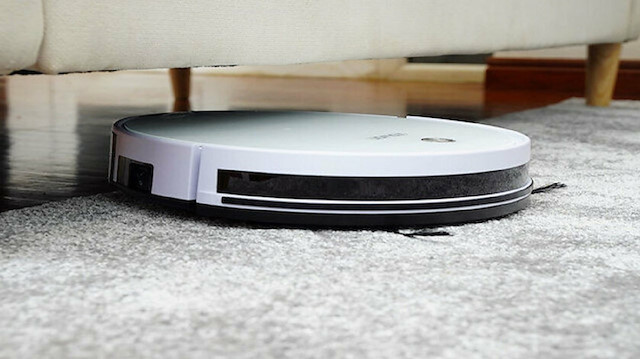
Long gone are the days when falcons were used to intercept pigeon’s carrying secret messages during times of war as the panopticon metaphor gains a whole new dimension with technological advances in our ever-changing world.
As our smartphones contain a massive amount of sensitive data, many people across the globe constantly worry about their privacy and security, trying to find ways to prevent being spied on or hacked.
However, it appears that not is all roses and rainbows in the world of gadgets as not only our cellphones but also our "homes" are not immune to technical surveillance, according to new research.
A group of academic researchers from the National University of Singapore and the University of Maryland discovered they could launch a new eavesdropping attack that allows robot vacuum cleaners to record nearby sounds, despite not being fitted with microphones.
The novel research entitled "Spying with your robot vacuum cleaner: eavesdropping via lidar sensors" unveiled the potential for any device that uses light detection and ranging (Lidar) technology to be remotely reprogrammed to record sound waves.
The hack, which is called LiDARPhone, leverages the LiDAR sensors present in commodity robot vacuum cleaners.
“We welcome these devices into our homes, and we don’t think anything about it,” said Nirupam Roy, an assistant professor in the Department of Computer Science, in a university press release. (https://cmns.umd.edu/news-events/features/4699)
“But we have shown that even though these devices don’t have microphones, we can repurpose the systems they use for navigation to spy on conversations and potentially reveal private information.”
They conducted experiments focused on two sound sources: the human voice and a variety of objects placed near the sound source.
The research concluded that the team's computer system, which they call LidarPhone, identified and matched spoken numbers with "90 percent accuracy."














